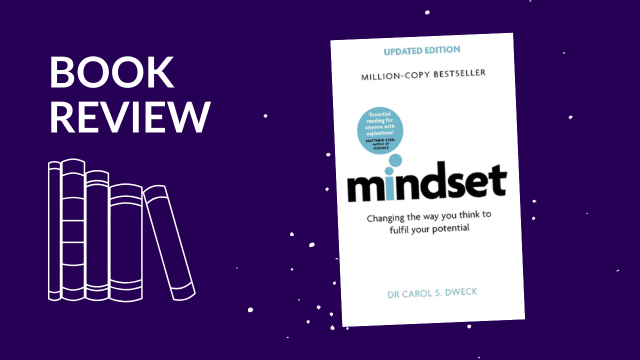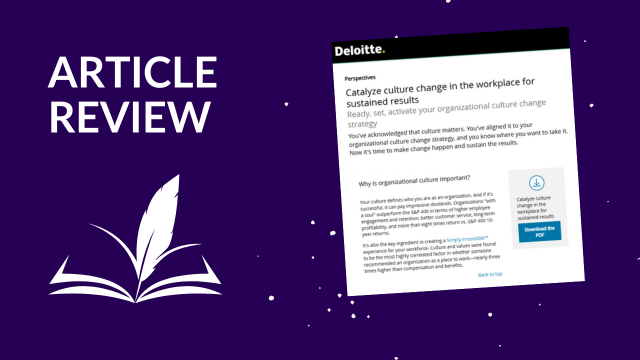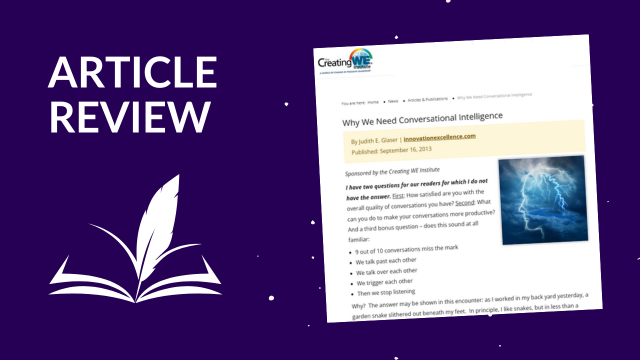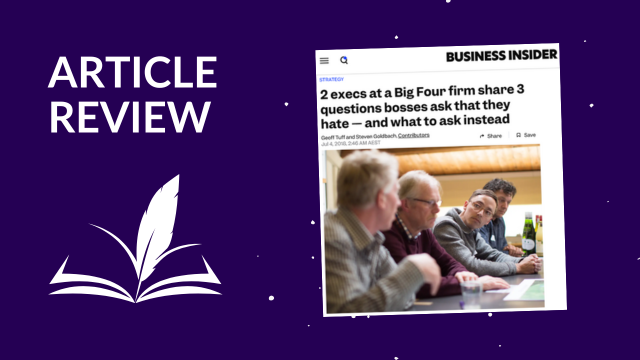For most of us, the thought of yet another meeting elicits either a yawn or a groan. Yet when they work, meetings are highly productive in terms of both getting work done and strengthening relationships. In this Fast Company article, Stephanie Vozza explains how you can significantly increase the value of the meetings you facilitate.
- Look for verbal and nonverbal cues: You know when people are bored, and when they are engaged. Look for signs of engagement—leaning in, note taking, questions—and extend it.
- Create a culture of collaboration: Extend the engagement through collaboration. Co-creation is not only highly successful, it contributes to lowered resistance.
- Have a flexible agenda: If your agenda is perfectly timed out, you may end the meeting on time having covered everything, but will you have far from the perfect outcome. A tight agenda does not allow for extending engagement.
- Capture the “gold:” What brought people on board? Capture it, and follow up on it. Look for additional opportunities to bring “gold” to your next meeting.
I add a few more when I am facilitating a meeting.
- Have a clear intent: I, and those attending, should be clear about why we are meeting and what our roles are in the meeting. For example, if a decision is to be made, will we make it by consensus, by majority opinion, or are participants informing a decision I will be making?
- If I can read it, send it to me: I don’t use meetings for people to “report out.” Distribute reports in advance of the meeting so that we can spend our time together collaborating on whatever the reports tell us needs to be addressed.
- Minimize the size: No meeting (no committee, no working group, etc.) should have more people than are needed to achieve the intent. There is a reason each person is in the room. And, there is a serious question as to whether to proceed when someone is unable to attend.
Applying these practices can move your meetings to greater levels of productivity, and those you meet with to greater levels of appreciation.







